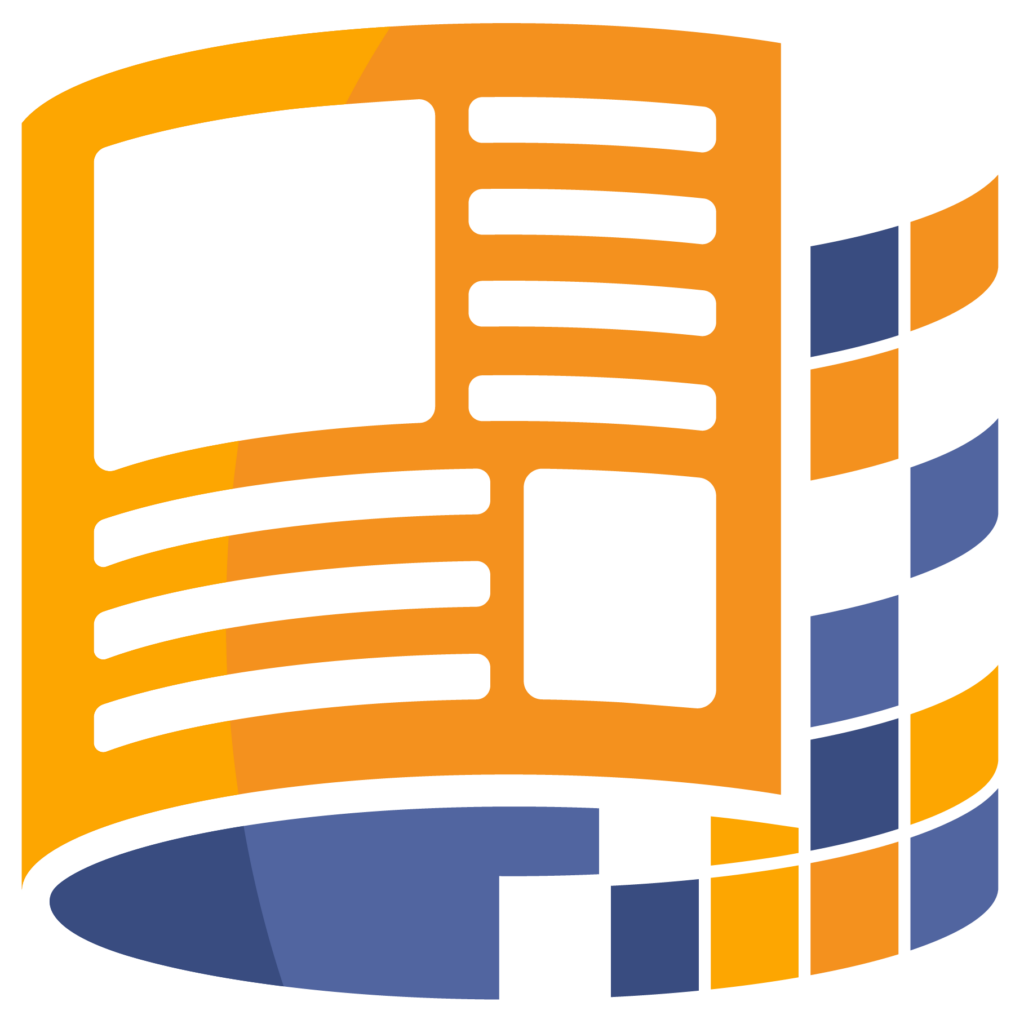In today’s fast-paced business world, staying competitive and efficient is paramount. Traditional methods of managing business operations, reliant on paper-based processes and extensive on-premises hardware and software installations, are becoming increasingly outdated. This is where Software as a Service (SAAS) solutions come to the forefront, reshaping the way modern businesses operate. In this blog post, we’ll explore why paperless SAAS solutions are essential for modern businesses and how they’re revolutionizing the corporate landscape.
1. An Overview of the SAAS Model
The SAAS model, short for Software as a Service, is a revolutionary approach to software deployment and usage. Unlike traditional software, which requires installations on individual computers or servers, SAAS applications are cloud-based. This means that the software resides on remote servers accessible via the internet, and users can access it through their web browsers. This model offers several significant advantages for modern businesses:
- Accessibility: SAAS applications are accessible from anywhere with an internet connection, enabling employees to work from remote locations effortlessly.
- Automatic Updates: SAAS providers handle software updates and maintenance, ensuring that businesses always have access to the latest features and security patches.
- Cost-Efficiency: SAAS eliminates the need for extensive hardware investments and ongoing maintenance costs associated with traditional software.
2. Eliminating the Need for Extensive Hardware and Software Installations
Traditional software often requires businesses to invest in expensive hardware and software licenses. This can be a significant barrier, especially for small and medium-sized enterprises (SMEs). SAAS solutions, on the other hand, eliminate these hurdles:
- No Hardware Dependencies: SAAS applications are hosted in the cloud, eliminating the need for businesses to purchase and maintain costly hardware infrastructure.
- Reduced Software Costs: SAAS operates on a subscription-based pricing model, allowing businesses to pay for what they need without hefty upfront software licensing fees.
- Scalability: SAAS solutions can scale up or down as business needs change, providing flexibility for growing businesses.
3. Flexibility and Scalability of SAAS
One of the most compelling aspects of SAAS solutions is their adaptability to businesses of all sizes. Whether you’re a startup, a rapidly growing SME, or an established enterprise, SAAS can accommodate your specific requirements:
- Startups: SAAS provides cost-effective access to advanced software tools, helping startups compete with larger companies without breaking the bank.
- SMEs: Small and medium-sized enterprises can scale their software usage as they grow, ensuring they always have the right resources to meet their needs.
- Large Enterprises: SAAS offers large enterprises the flexibility to integrate multiple SAAS applications into their existing infrastructure, streamlining operations.
4. Cost-Efficiency Through Subscription-Based Pricing
SAAS leverages a subscription-based pricing model that aligns with the pay-as-you-go mentality of modern businesses:
- Predictable Costs: Subscription pricing provides predictability in software expenses, making it easier to budget.
- Reduced IT Overhead: SAAS solutions require minimal IT support, reducing labor and hardware costs traditionally associated with software management.
- No Hidden Costs: SAAS pricing typically includes maintenance, updates, and support, eliminating unexpected costs.
5. Enabling Remote Work and Enhancing Collaboration
The modern workforce is increasingly dispersed, with employees working from various locations. SAAS solutions facilitate this shift:
- Remote Accessibility: SAAS applications enable employees to access work-related tools and data from anywhere, fostering remote work arrangements.
- Collaboration Tools: Many SAAS platforms incorporate collaboration features like real-time document editing, video conferencing, and file sharing, enhancing teamwork.
In conclusion, paperless SAAS solutions are no longer an option but a necessity for modern businesses looking to remain agile, cost-effective, and competitive. By eliminating the need for extensive hardware and software installations, offering scalability, and enhancing remote work capabilities, SAAS is transforming the way businesses operate in the digital age. Embracing SAAS can streamline operations, reduce costs, and position your business for success in today’s dynamic marketplace.
